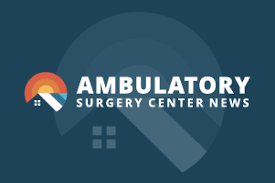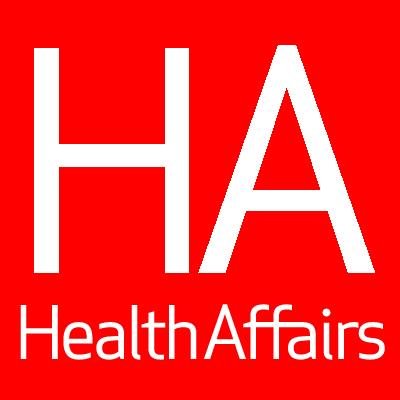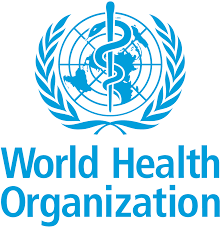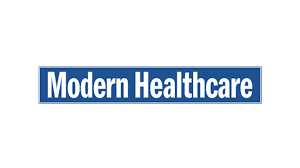
Editor's Note Ambulatory surgery centers (ASCs) are increasingly recruiting international healthcare workers to offset ongoing physician and nursing shortages, yet rising visa costs and regulatory hurdles are making the process more challenging, Ambulatory Surgery Center News October 30 reports. Ann-Rose Johnson-Lewis, director of legal services at WorldWide HealthStaff Solutions, told…

Editor's Note States are sharpening their focus on outpatient facility fees, using new data and reporting mandates to expose how these charges inflate commercial healthcare spending, HealthAffairs October 6 reports. Specifically, Colorado, Maine, Connecticut, and Washington have launched varied but increasingly sophisticated efforts to monitor when and where hospitals bill…

Editor's Note Surgery Partners’ high debt load and sluggish acquisition pace are forcing a strategic recalibration that could constrain future growth and investor returns, Simply Wall St October 9 reports. The company’s rising interest expenses, weaker-than-expected sales, and limited free cash flow are prompting concerns about its ability to sustain…

Editor's Note The government shutdown has halted operations at the Bureau of Labor Statistics (BLS), delaying the release of crucial economic data at a time when job growth is already faltering, Newsweek October 1 reports. The BLS confirmed it will suspend all data collection and reporting during the shutdown, including…

Editor's Note Dozens of companies are racing to stake a claim in the rapidly expanding surgical robotics market, with multiple launches, partnerships, and regulatory milestones signaling a pivotal moment for the field. Challengers to established leaders are advancing soft tissue systems, targeting specialty niches, and building executive teams to scale…

Editor's Note Patients treated by hospital-affiliated physicians are far less likely to receive specialty procedures in lower-cost settings, while private-equity–affiliated doctors are the most likely to steer patients toward these options, Ambulatory Surgery Center News August 12 reports. The findings come from a Mount Sinai study that examined physician affiliation,…

Editor's Note The global nursing workforce has expanded to 29.8 million, up from 27.9 million in 2018, but stark disparities in nurse distribution threaten progress toward universal health coverage and global health security, according to a May 12 World Health Organization (WHO) news release announcing the State of the World’s…

For decades, ambulatory surgery centers (ASCs) have shown their ability to deliver high-quality surgical care at substantially lower cost than hospital outpatient departments (HOPDs). ASCs achieve these savings through leaner operations, streamlined staffing models, and specialty-focused efficiencies, not by compromising safety or outcomes. Studies consistently highlight procedures performed in ASCs…

As we celebrate National ASC Month, it is worth recognizing how central ambulatory surgery centers (ASCs) have become to modern healthcare. Today, there are more than 12,000 ASCs across the US, including over 6,500 Medicare-certified facilities operating some 18,800 surgical suites. With over 80% of all surgical procedures being performed…

Editor's Note Oregon has enacted the nation’s strictest law yet to curb corporate control of physician practices, a move that could indirectly affect office-based surgery (OBS) centers structured as medical clinics. As reported by Modern Healthcare on June 13, the new law reinforces the state’s corporate practice of medicine doctrine…